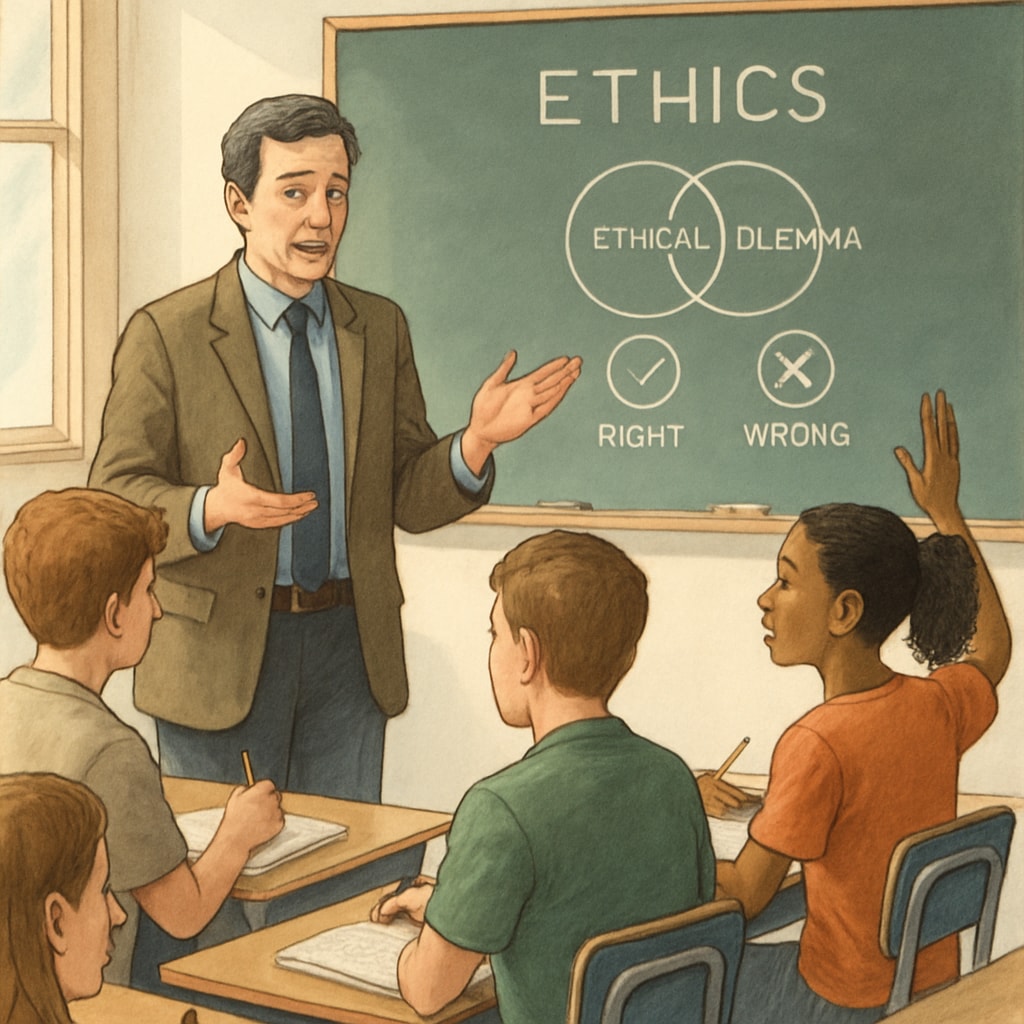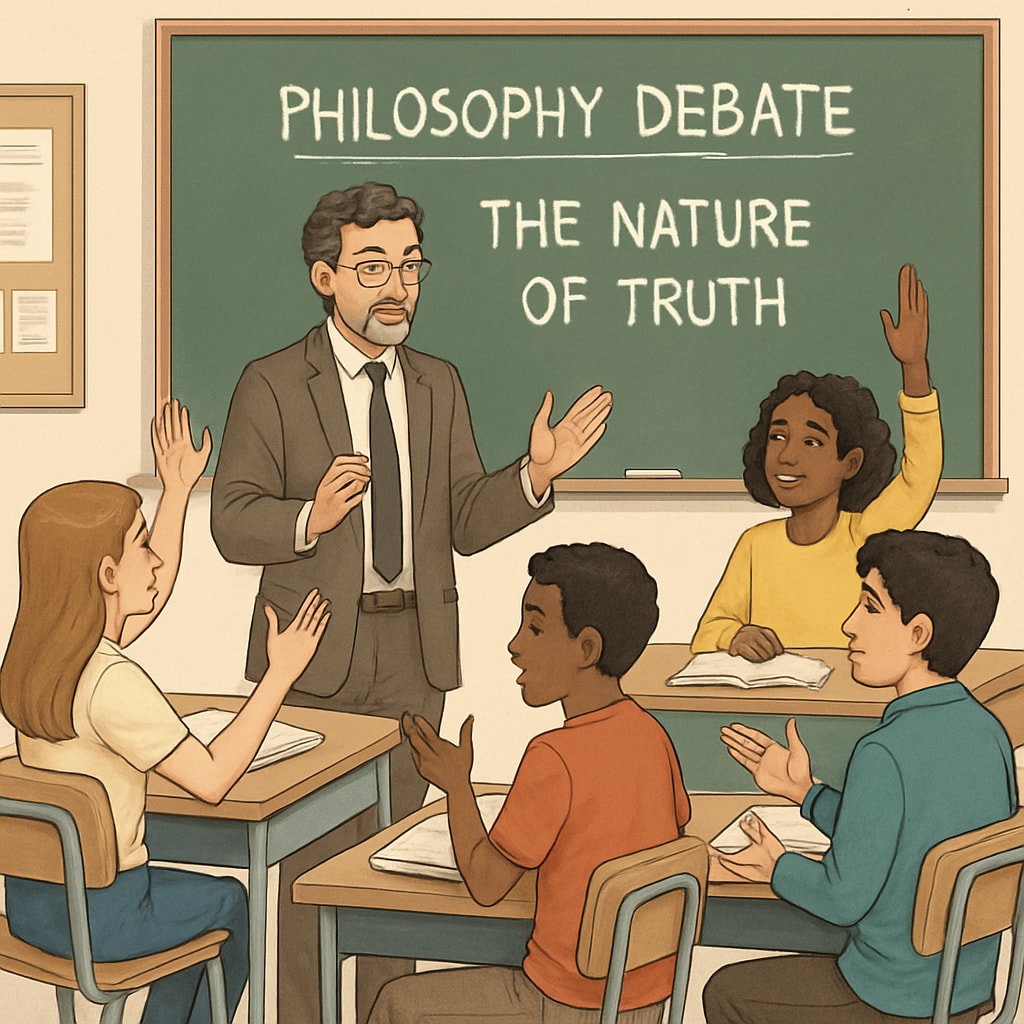In an ambitious push to reshape educational paradigms, a unique initiative is seeking philosophy teachers, social experiment, volunteers to integrate philosophical thinking into K12 classrooms. This groundbreaking project aims to empower students with critical thinking and decision-making skills, preparing them to navigate our increasingly complex world with wisdom and clarity. The experiment invites college-level philosophy educators to volunteer their expertise, bridging the gap between traditional academic philosophy and practical, real-world applications.

Why Philosophy Matters in K12 Education
Philosophy is often overlooked in early education, yet its principles of inquiry, reasoning, and ethics are foundational to developing intellectual maturity. Introducing philosophy into K12 education fosters critical thinking, empathy, and the ability to analyze complex issues—a skill set essential for the 21st century. As a result, students learn to ask better questions, challenge assumptions, and approach problems with a multi-dimensional mindset.
For example, a philosophy discussion on justice can prompt students to consider diverse perspectives, understand societal structures, and evaluate real-world scenarios. Such engagements cultivate both analytical rigor and emotional intelligence, benefiting students far beyond their academic years.
How the Experiment Works
The initiative seeks philosophy educators from colleges and universities to volunteer their time as part of a social experiment in K12 classrooms. Over the course of the program, teachers will introduce philosophical concepts, such as ethics, logic, and epistemology, using interactive methods tailored to younger learners. The experiment also includes collaborative workshops, student debates, and reflective exercises to ensure active participation and engagement.
Volunteers will work closely with school staff to adapt lessons to age-appropriate levels while maintaining the depth and rigor of philosophical inquiry. In addition, the program will collect data to measure its impact on students’ cognitive development, decision-making abilities, and emotional resilience.

Why Volunteer as a Philosophy Teacher?
Volunteering for this social experiment offers philosophy educators a unique opportunity to make a tangible impact on young minds. Here are some key benefits:
- Expanding Philosophy’s Reach: Bring philosophical thinking beyond academia and into the lives of future generations.
- Professional Growth: Gain experience in adapting complex concepts for younger audiences, enhancing teaching versatility.
- Community Contribution: Play a pivotal role in shaping students’ intellectual and moral foundations.
- Research Opportunities: Contribute to groundbreaking educational studies measuring the benefits of philosophy in early learning.
As a result, volunteers can deepen their teaching expertise while contributing to a meaningful cause. For educators passionate about philosophy and its practical applications, this experiment is an exciting avenue for both professional development and social impact.
Get Involved: How to Sign Up
If you are a philosophy teacher interested in this innovative program, registration is straightforward. The program coordinators are currently accepting applications from educators willing to volunteer for classroom sessions or workshops. Applicants can expect training on how to tailor philosophical concepts to K12 students, ensuring that lessons are both engaging and impactful.
For more information, visit Philosophy on Britannica or explore Philosophy on Wikipedia for additional insights into the discipline’s relevance in education.
Join this transformative initiative and help shape the future of education by empowering the next generation with critical thinking and philosophical wisdom.
Readability guidance: The article uses short paragraphs, lists, and transitions to ensure clarity and engagement. Overly complex sentences are avoided, and active voice is prioritized. Images provide visual context, enhancing content relevance.


